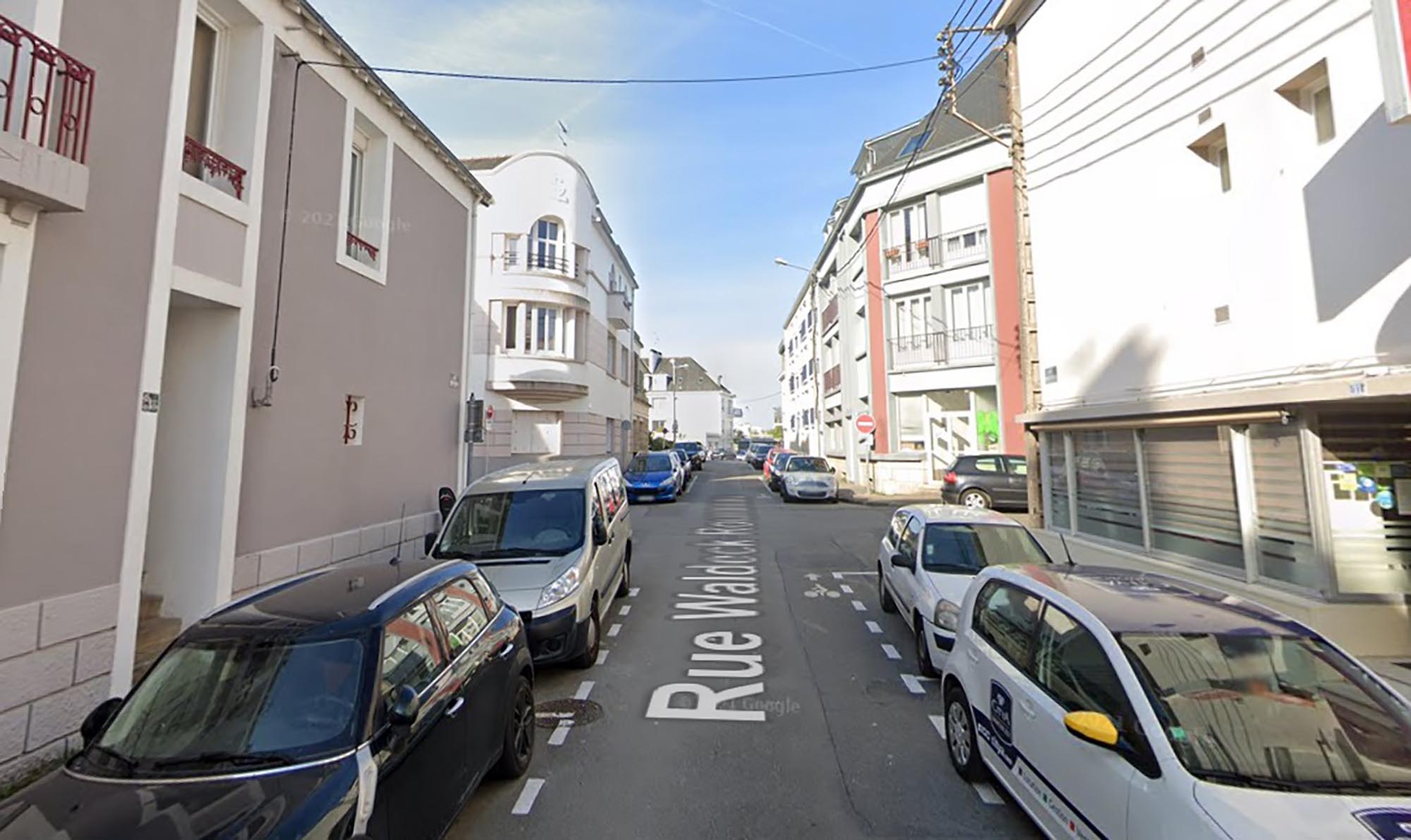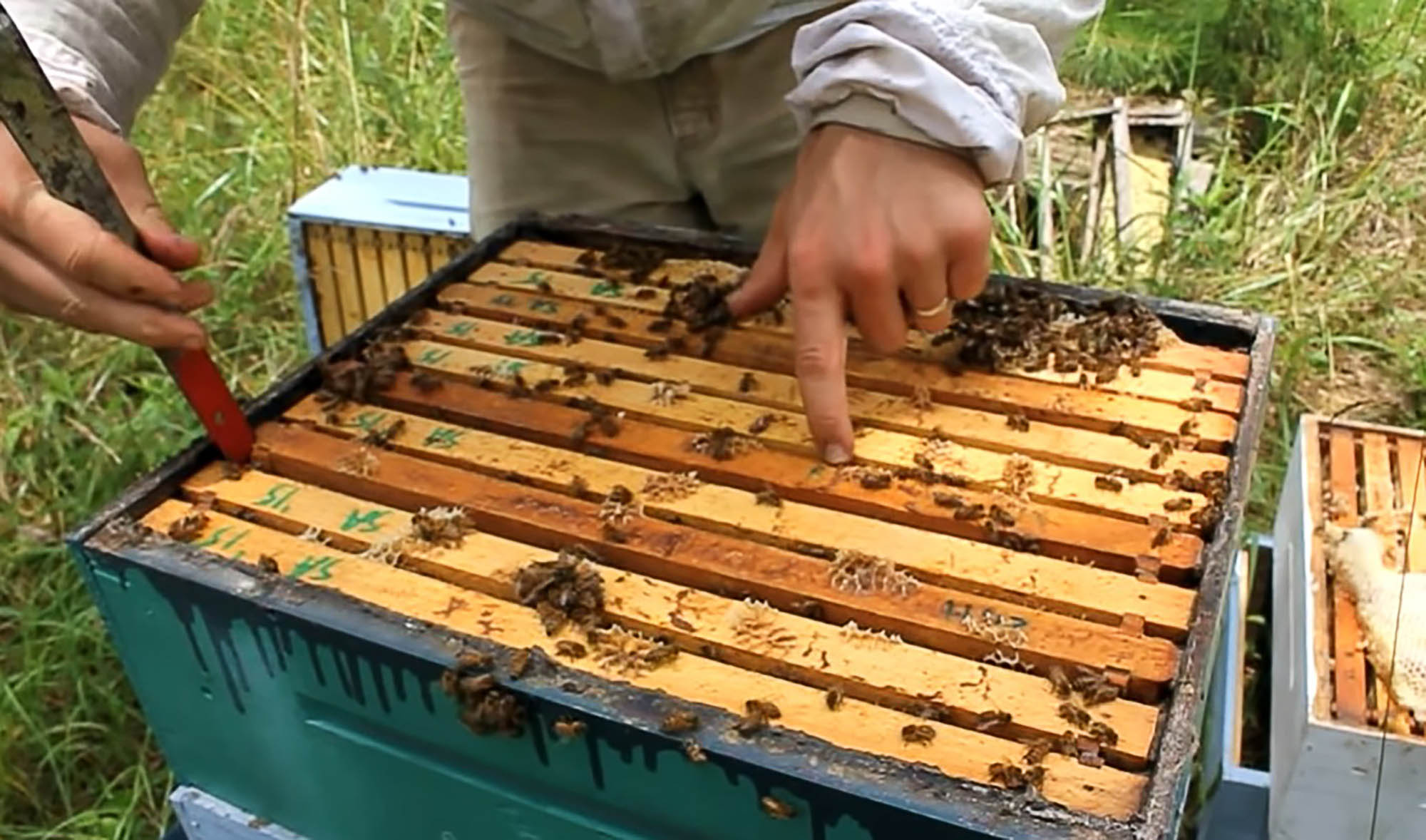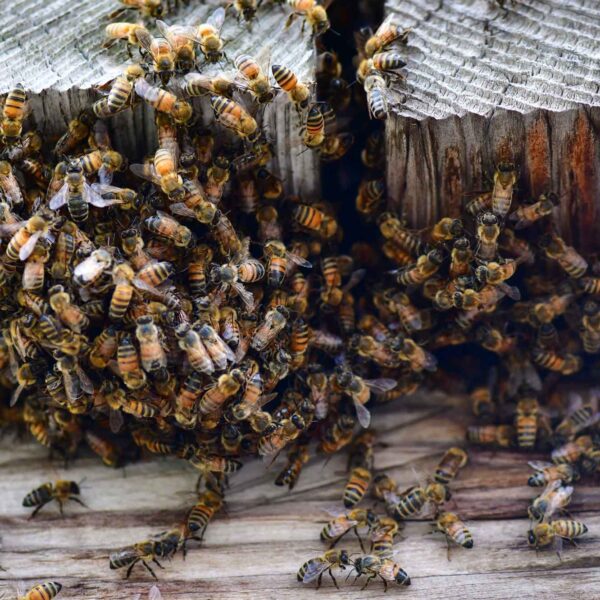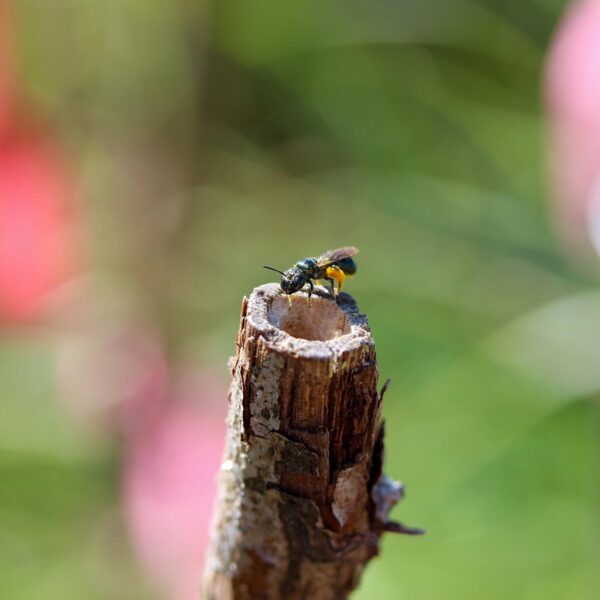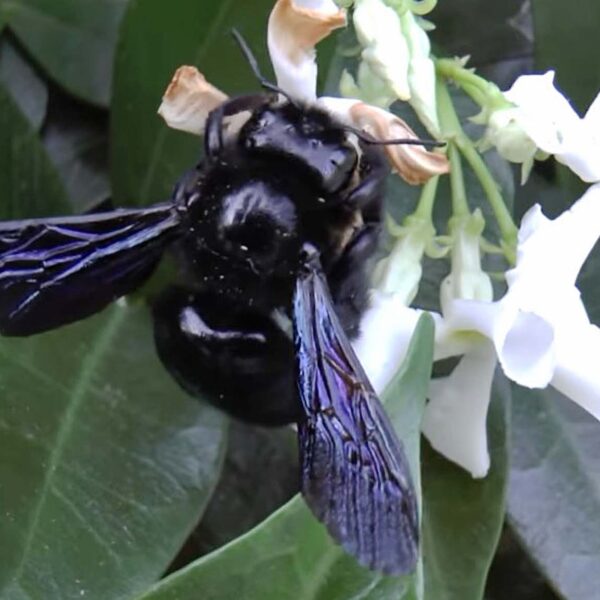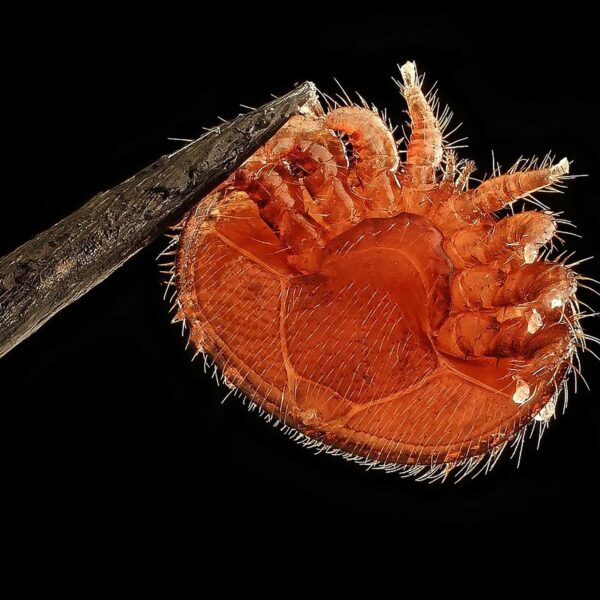Thousands of bees had to be evacuated from the middle of a road in northwestern France.
Officials in Lorient, Brittany, said the city’s health and hygiene council cooperated with its road safety department and local beekeepers to remove the swarm consisting of around 3,000 insects from Waldeck-Rousseau Road.
Employees who participated in the operation, taking place in the direct vicinity of a hotel and a cinema, wore protective full-body suits, according to Le Telegramme newspaper.
The insects were identified as European dark bees, a subspecies of the western honey bee. Originating from central Asia, the insect started to migrate to Europe in 9,000 BC.
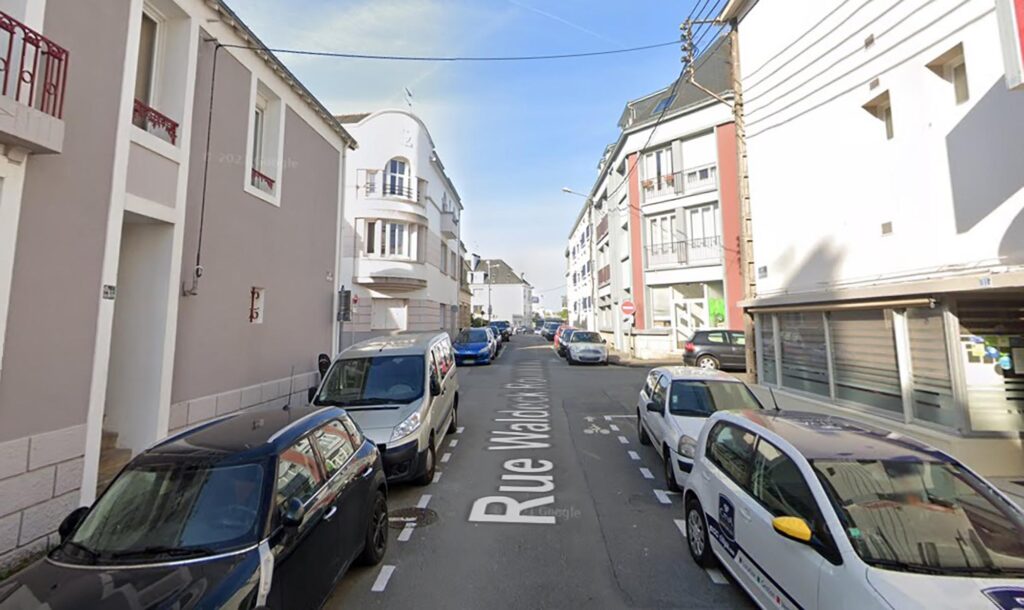
(Google Maps, NewsX/BF)
A local beekeeper said immediate action had been necessary to ensure local residents’ safety, adding that it had to be avoided that the swarm settles in a chimney.
He told Le Telegramme: “European dark bees are a very common species in Brittany. They are under constant threat of being attacked and eaten up by hornets.
“But discovering such a massive swarm on the ground is highly unusual. We assume that their queen bee died. An assault by hornets is another possibility.”
A spokesman for the city council said the intervention took around 20 minutes.
The swarm was taken to a local beekeeper, according to Le Telegramme.
The European dark bee – or Apis mellifera mellifera – is known for behaving more aggressively than other western-bee subspecies.
Its unusually short tongue measures between 5.7 and 6.4 millimetres.
The European dark bee was declared an endangered breed by the German Association for the Conservation of Historic and Endangered Domestic Animal Breeds in 2004.

